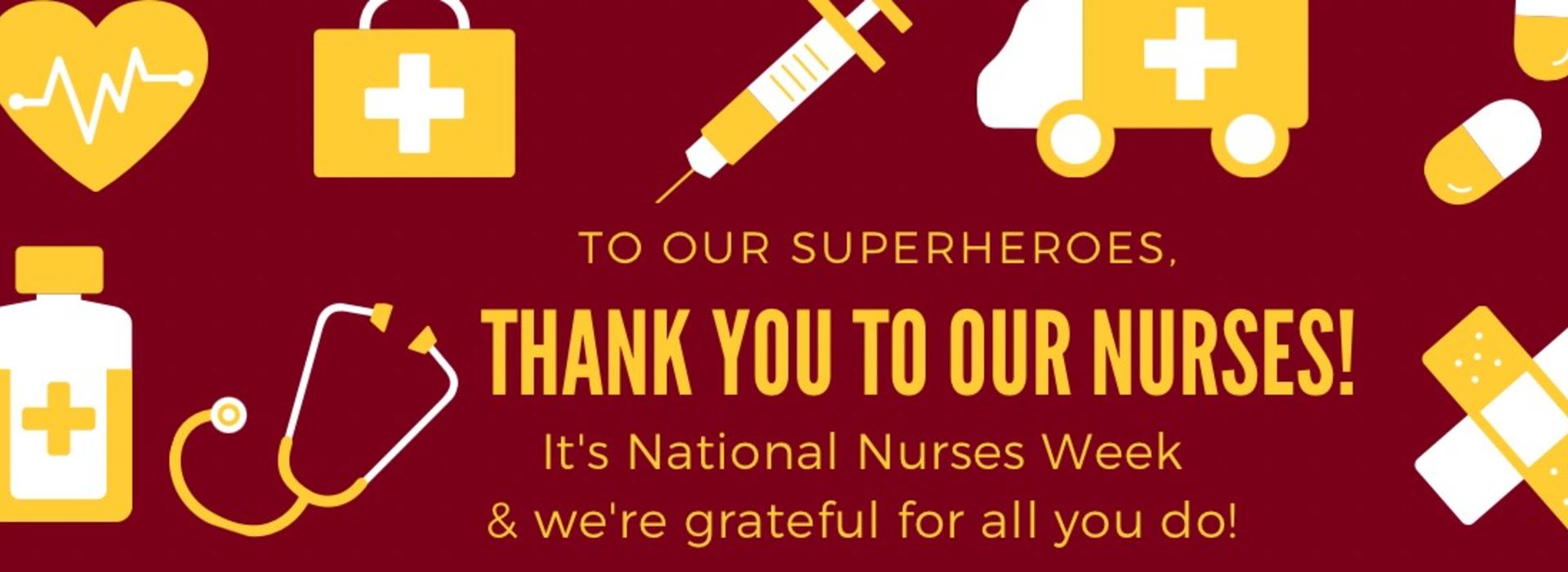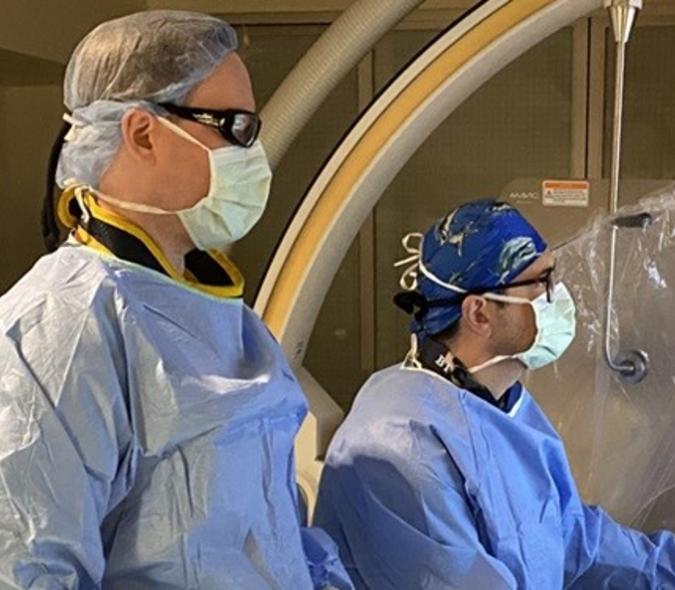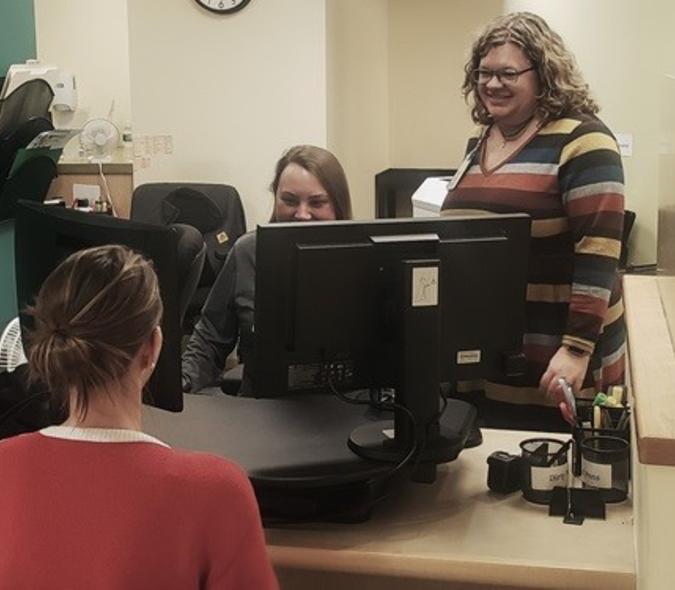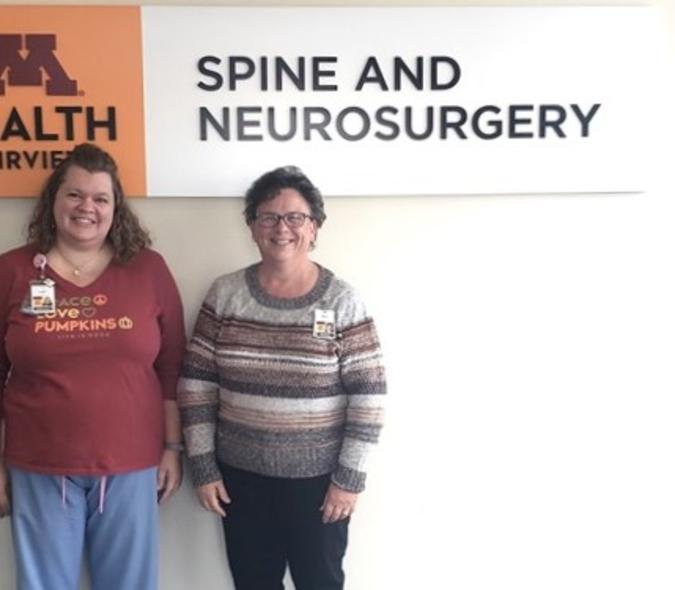
Celebrating National Nurses Week
Many years ago, I suffered an episode of food poisoning while taking call as a first-year surgical intern. Against my better judgment, I decided to “tough it out” and continue my clinical duties. By the wee hours of the morning, I was feeling quite faint, wrestling with what felt like a continuous onslaught of pages and consults. Fortunately, one of the nurses noticed my struggles and kindly asked how I was doing. Upon discovering my predicament, she coordinated with my senior resident for a brief admission so that I can receive the much-needed hydration and anti-emetics. That day, I was bestowed a gift of compassion and service, a gift that I continue to cherish to this day.
This week, we celebrate National Nurses Week and the legacy of Florence Nightingale. I like to take this opportunity to thank our nurses who, through their gifts of compassion and service, enrich and transform all our lives.
Illness is an inescapable fact of life. And nurses are there for us when we are incapacitated by illnesses…when we are plagued by pain and strained by uncertainty. In these moments of need, nurses are not simply our caretakers. They become our friends, advocates, teachers, counselors, and motivators. They go the extra mile to accompany and aid us in this most difficult phase of our life journey. They become our heroes.
But for nurses, acts considered by us as heroism are just a routine part of their lives. Caring for a dehydrated stranger in the middle of the night is not a magnanimous act of humanity. It is an expected decency. Sharing the tears of a distressed patient overwhelmed with a cancer diagnosis after completion of a shift is not a deed of charity or beneficence. It is an instinctual habit. Volunteering extra shifts during an unprecedented pandemic at significant personal sacrifice is not a gesture of generosity. It is a norm of human behavior.
For nurses, our notion of heroism is their definition of how we should treat one another.
We are all better versions of ourselves when that kind of heroism becomes commonplace.
On behalf of my patients and the Department of Neurosurgery, I offer a sincere thank you to the nurses who make heroism commonplace.



